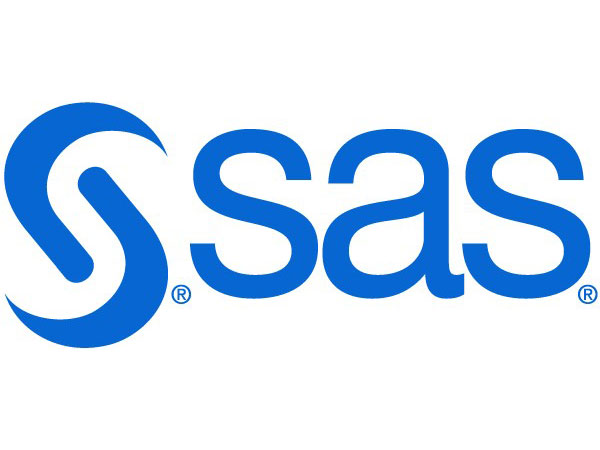
President Trump determined to 'clean up' Chicago
Sep 04, 2025
Washington [US], September 4: US President Donald Trump is still determined to send National Guard troops to Democratic-controlled cities. However, in reality, this will face many legal barriers.
Fierce confrontation
Yesterday (September 3), US media reported that President Trump said he would send the National Guard to Chicago, Illinois, without specifying a time. He said that cities like Chicago and Baltimore, Maryland, are currently unsafe.
"Chicago is now the most dangerous and bad city in the world. I will solve the crime problem quickly, just like I did in Washington DC," Trump wrote on the social network Truth Social on September 2. He cited the violence over Labor Day weekend, when 58 people were shot and eight people were killed in Chicago , according to ABC News. The US president added that Illinois Governor JB Pritzker should call to ask for help from the federal government.
Immediately, Mr. Pritzker, along with Chicago Mayor Brandon Johnson and local officials, rejected Mr. Trump's intention to send the National Guard. Officials said there was no emergency situation of violence that warranted the deployment of the military. In addition, CNN reported on September 3 that Illinois officials had received information that the Trump administration was about to send federal agents to Chicago, who were said to be carrying out the arrest of illegal immigrants.
Legal controversy
Observers say that if Trump actually sends the National Guard to Chicago, or other Democratic-led cities, the US government will almost certainly face lawsuits from local authorities. Trump could have deployed the National Guard and taken control of the capital police to help arrest criminals in Washington DC. However, the US President's powers are more limited in the states.
Recently, US District Court Judge Charles Breyer in San Francisco (California) on September 2 blocked the Trump administration from sending troops to California to enforce the law. Mr. Breyer said that the White House's sending of the National Guard to Los Angeles (California) in June to respond to protests was illegal, Reuters reported.
Breyer stressed that the military would not be allowed to do things that are normally done by police or federal agents, such as arrests, searches, patrols, riot control, and interrogations, unless there was a good reason. Although the ban only applies to California and the White House can still appeal, Breyer said that if the US president insists on sending the military to other cities, there would need to be restraining orders to prevent the government from violating the Posse Comitatus Act, which was created to separate the military's responsibilities from domestic law enforcement.
However, experts say the White House will still seek legal grounds to defend its decision to deploy federal agents, and more broadly the National Guard. At that time, US politics will likely see a tense confrontation in court between the Trump administration and local officials.
Source: Thanh Nien Newspaper









